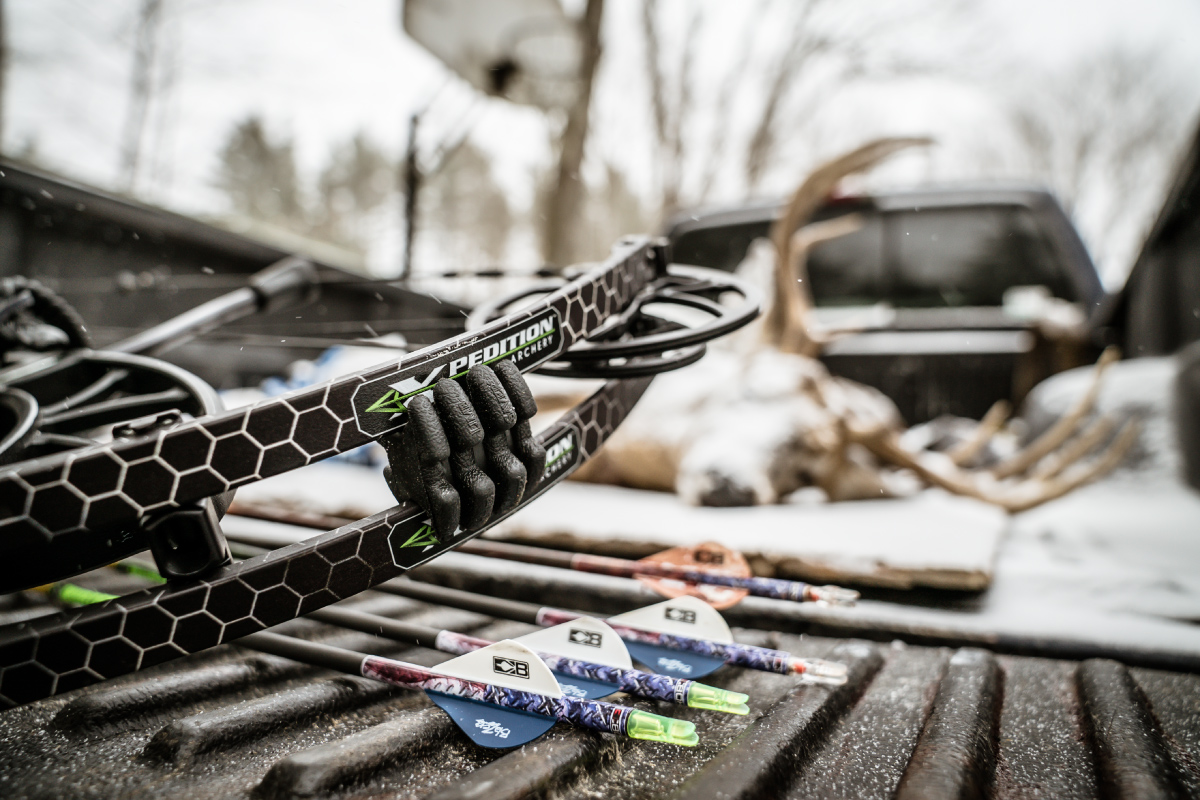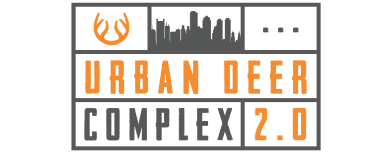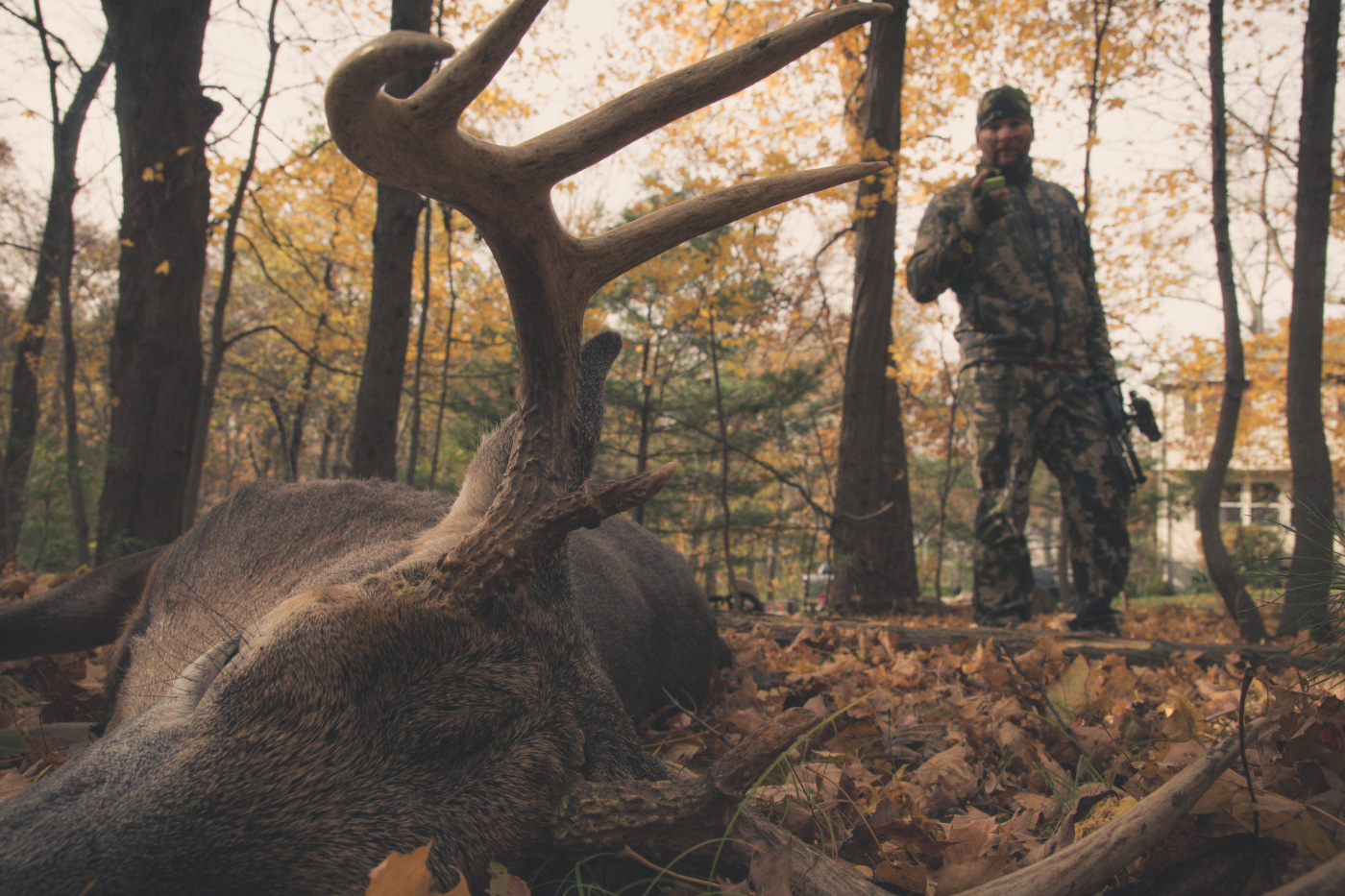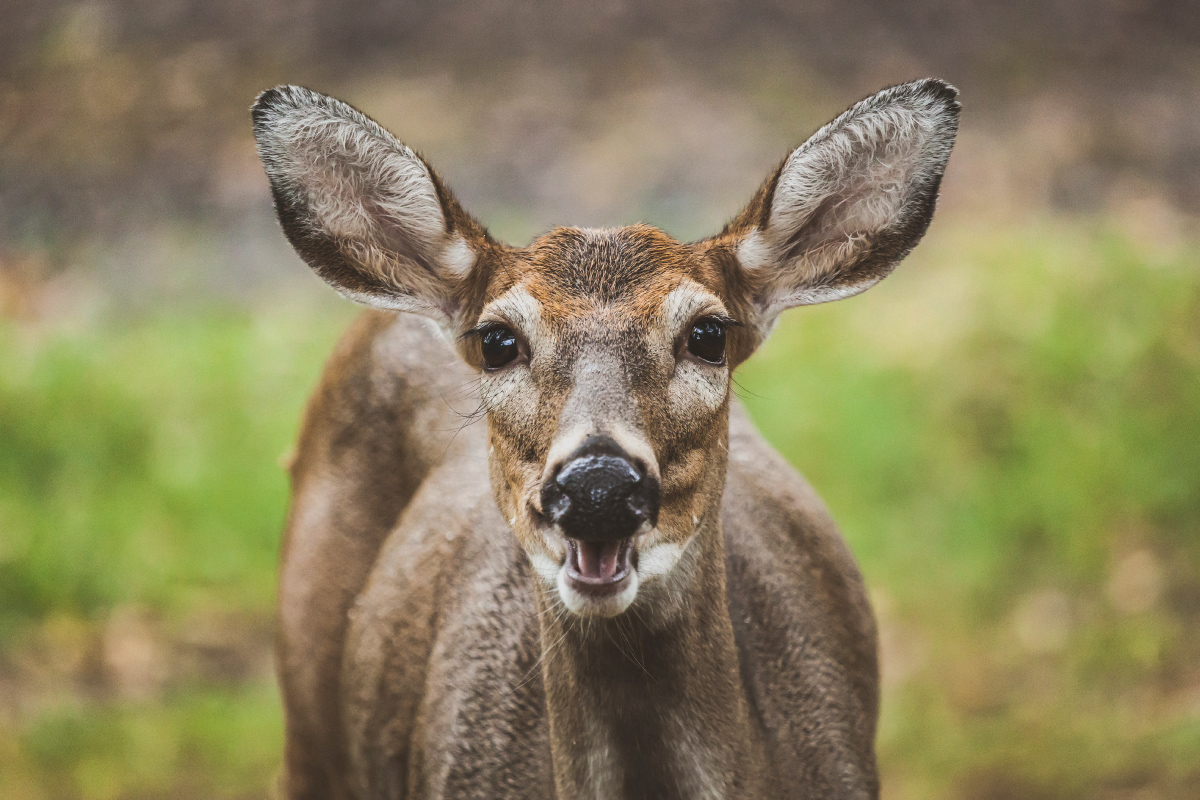
Christopher Kyer (The Honest Omnivore) is a modern day renaissance…
There are as many motivations for why we hunt as there are faces of hunters.
For some, the camaraderie of deer camp and the solitude of the tree stand are important motivations for hunting. The pride of accomplishment, skill, and persistence is the driving force for others. Many like the traditions that connect them to family and a heritage that extends back to the Paleolithic hunters who thousands of years ago memorialized their deep relationship to the quarry on stone walls of caves in France and Spain. A few want nothing but the biggest and the baddest. They want the most inches, the most weight, or the rarest and most exotic.
For most of us, we want meat. What I can say with some assurance is that most people will have many motivations for hunting. Why you go to the woods or the mountains or the prairie in pursuit of game is up to you. How long you’ve been going isn’t my concern, either. But if you go with the idea of harvesting the meat from your prey, we have one important thing in common. I hope I can help you harvest meat with confidence.
Some people are lifelong hunters. Others come to it later in life. My grandfather hunted all his life. My father didn’t start until well into his fifties. I was a newbie at the age of 28, even though I first went hunting when I was 10. My grandfather, uncle, and great-uncles lived in West Virginia, but I spent my school years in New Jersey. As a result, I was geographically removed from their hunting culture and traditions. I went hunting exactly three times as a boy and in three different states. I didn’t hunt for ten years after that. When I returned, it was with a passion and a purpose. So began the journey.
The Chase
My best friend, Harry, is my partner in all outdoor adventures. He helped return me to hunting and expand my skillset to encompass a variety of game animals. Though he was several years my junior, he was much more experienced as a hunter in those early years. He taught me some valuable lessons over the years—always in his unique, laconic style.
“Don’t get picky on your first one,” he’d say. If you are a new hunter, whether you’re 10 years old or 50, take the first opportunity you have for a good, clean shot of a legal deer. Doe, spike, 10-point buck—it does not matter. The first deer I killed was a spike mule deer. I was ecstatic.
The motivation for hunting of harvesting the most, the biggest, the first among your fellow hunters, is normal. We are human, which means we can even get competitive with ourselves. We set new goals to make it more challenging, because we like the effort of hard hunting. Hunting new game in new places can add to our motivation for hunting. We opt for primitive weapons. Single-shots instead of bolt-actions with magazines. Long bows instead of compound bows. Flintlocks that shoot roundball instead of inline muzzleloaders that shoot saboted jacketed bullets. Why? Because it is harder. We set goals for antler points or ages. We try to harvest 3, 4, 5, 10 deer in a season. The chase itself cannot be underestimated and no one should be derided for enjoying it.
Throughout my years of hunting, I’ve been to those places in my journey. I’ve been fortunate to achieve some of those goals and been more fortunate to realize that other goals are more important. I now get the greatest satisfaction from teaching new hunters, whether it’s my young nephews or some older friends who have taken up hunting in later life. Their success is my success.
The Harvest
Regardless of how you accomplished the deed, when it all comes together you have a large mammal dead before you. It can and should be a moment of joy and pride. For those who have never experienced this, it can be almost indescribable. I know from talking to some of my fellow hunters that the real truth of hunting only becomes clear at that moment: the circle of life is very tangible for hunters. And because of that, it can and should be a solemn moment, too. It is not a moment of sadness, but a moment of respect. If it is in keeping with your way, say a prayer, give thanks, hug your friends, and shake your guide’s hand.
Yes, take it all in and then get ready to work. Maybe you’re hunting a woodlot that is never more than a few hundred yards from a road. Maybe you’re a three mile hike from the nearest road, or maybe you can drive your vehicle right up to it. In any case, you need to field dress your deer quickly, efficiently, and cleanly so that you can take home the finest, healthiest red meat available: venison.
You’ll need to remove the organs, the hide, the feet, and the head. You’ll need to cool it down so it doesn’t spoil and age the meat so it is tender and full of the best flavor. You’ll need to butcher it so it can be stored or processed into steaks, roasts, sausage or jerky. Harvesting a deer is a whole other set of skills separate from killing it. I’ve harvested more deer than I’ve killed.
The Trophy
Antlers. Big antlers. Mass, inches, G2s and deductions, non-typical, Boone & Crockett, Pope & Young antlers! That is what most people think when someone says, “trophy deer.” What people think when someone says “trophy hunter” gets even more…“interesting” might be a polite way of saying it. Simply stated, I don’t have anything against trophy hunters. Trophy hunters, as we define the term today, were instrumental in creating the game laws and management practices that led to modern hunting in the United States and the restoration of many of our popular game species, including the whitetail deer.
But most of us aren’t trophy hunters. Or at least, we don’t lust after antlers. My trophy is protein. My trophy is when someone says, “This is venison?!” during a meal I’ve made for them. They say it with a special blend of incredulity and mouth-watering satisfaction I have come to recognize as the converted appreciating the same taste I crave. I am more proud of the people I’ve exposed to the world of game meats than any of the heads on my wall.
If hunting big bucks is part of your motivations for hunting, I applaud your efforts and success. Hunting mature deer is hard work and requires skill and dedication. But if venison is one of your biggest motivations for hunting deer, then I’m here to help you put the best quality, free-range, drug and hormone free, organic meat there is on your table.
If you’re new to hunting deer, let me be your guide in harvesting venison and preparing it. If you’ve been at this for years, maybe I can still give you some insights to the best methods for putting quality venison into your menu. Either way, I hope you’ll let me journey with you as you bring your harvest from field to table.
Christopher Kyer (The Honest Omnivore) is a modern day renaissance man -- hunter, fisherman, writer, maker, philosopher, and foodie! Born in West Virginia and educated in New Jersey and Michigan, Chris has spent his adult life split between the Pacific NW and the Chicago suburbs. He started cooking with his grandmothers and hunting with his PawPaw before he was 10 years old, and the woods and a kitchen are still where he feels most at ease.




Mr Kyer seems well versed in hunting. Enjoyed. His article.